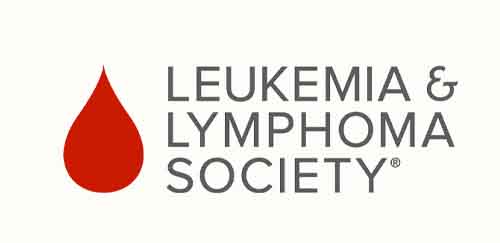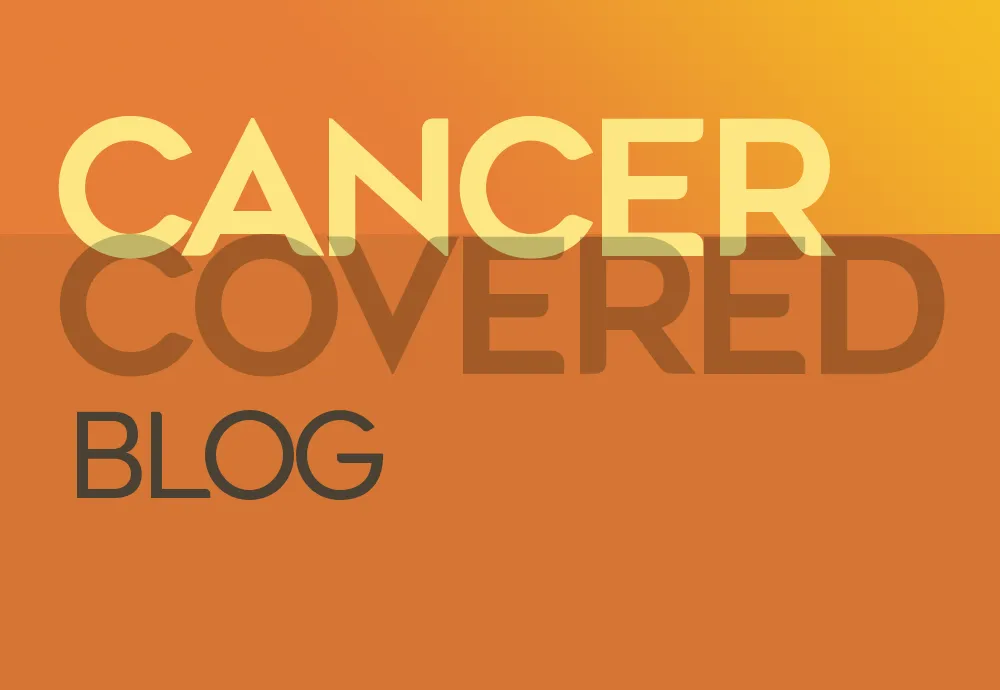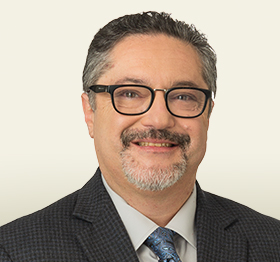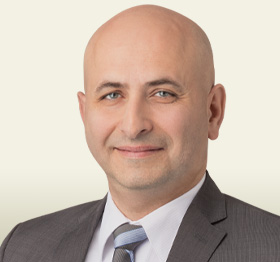Cancer and blood are complex.
Your careshouldn't be.
Our team is here to guide and help you take back control.
With Green Bay Oncology, there is strength in numbers. With the area’s largest cancer-facing team, our patients are assured that they are not the sole responsibility of one doctor.
We have many medical oncology, hematology, radiation, and surgical experts who collaborate every day, supported with a full team of advanced practitioners.
This depth of attention and care leads to peace of mind for our patients and their loved ones.
Have you been recently diagnosed?
This is one of the toughest challenges you or your loved one will face. We are here to help you with every step.
How am I going to feel during treatment?
Before proceeding with any treatment, we explain what side effects may occur. There will also be a plan in place to reduce the likelihood or degree of symptoms and we will manage any symptoms if they develop.
NAUSEA: The single most common misconception of cancer treatments is the assumption cancer treatment equals nausea and vomiting. Fortunately, nausea and vomiting during cancer treatment are, for the most part, a thing of the past. Most cancer treatments don’t cause nausea anymore. But for the ones that do, we can almost always prevent nausea or vomiting with nausea-preventing medications. If you experience nausea at all during treatment, it will most likely be mild (like a minor hangover or morning sickness) and it will usually only last for a day or two after treatment.
More about how your diagnosis might impact your lifestyle and what you can expect here.
Can I maintain my current lifestyle?
It depends on the lifestyle. Cancer does not just affect people that are unhealthy or those that do not have a healthy lifestyle. In people who do not have a healthy lifestyle, a new diagnosis of cancer may be the wake up call they need to make healthier choices. Common examples include changing to a healthier diet, maintaining a closer to optimal weight, increasing amounts of exercise, quitting smoking, or reducing/stopping alcohol consumption.
The main lifestyle changes needed during treatment are aimed at supporting and sustaining your strength and stamina.
More information on the importance of rest, hydration, diet, exercise and intimacy is available here.
How do I tell my family?
You should tell them the way we hope you were told – clearly, concisely, and with extra time taken together to talk about any emotions you or they may be feeling.
- Brief is better, and plain facts are best.
- You may be tempted to try to protect your loved ones, especially if you’re having to tell your children or grandchildren. Resist this temptation. You cannot protect them from what’s happening, and you can’t stop them from feeling difficult emotions.
- Once the plain facts are out in the open, they’re easier to cope with. Hiding things lets your loved ones’ imaginations run wild, and usually makes things seem scarier than they are.
- These guidelines even apply if you’re talking to very young children. Tell them the plain facts and answer any questions they ask clearly and with complete honesty.
- Children only ask questions they need to have answered, and they have a surprising capacity to know what they need to know. Give their questions the respect they deserve. Answer them simply and honestly.
How will it affect me financially?
We understand that financial and insurance issues can be stressful and confusing, especially on top of a diagnosis. Ask if your clinic location provides financial counseling support in the following areas.
- Consultation to discuss insurance benefits and financial concerns to establish a joint path forward
- Review out-of-pocket expenses
- Liaison between you and the insurance company
- Collaborate with your care team
- Verify in/out of network insurance coverage
- Obtain insurance authorizations
- Appeal insurance denials
- Co-pay/Medication/Foundation Assistance
- Disability referrals
- Assistance with Medicaid or Marketplace enrollment
Request a Second Opinion
Everyone deserves to be confident and comfortable with their team of experts.
If you or your family members have unanswered questions or concerns, we encourage you to get a second opinion.
Search for Available Clinical Trials
We lead the region in providing access to new cancer treatments and improved outcomes.
The purpose of clinical trials is to identify new ways to detect, diagnose and treat cancer. Find out if a clinical trial is the right treatment path for you.
We'll help you sort through and avoid misinformation.
Understanding one’s cancer is an important part of coping, but how to do this isn’t always obvious. While knowledge is a form of power, knowing where to look can be overwhelming. Here are trusted resources you can rely on.
In each episode, the white coats come off as the dedicated men and women who take on cancer every day unpack the complexities of their work and share stories of how it’s done—and why they keep at it.
Knowledge is a form of power, and understanding one’s diagnosis is important.
Each blog is written by our experts with information you can rely on.
Understanding your diagnosis is crucial for patients to navigate their treatment journey effectively.
Find answers to commonly asked questions and search medical terminology.
Would you like to discuss a diagnosis you received from another provider?
What patients are saying:
Doug M.
Patient
Manistique, MI
The feeling was that of a team effort by the staff. Everyone is on the same page concerning my treatment.
Stacy B.
Patient
Green Bay, WI
I felt that my plan of care was appropriate and I was asked if I was in agreement with my plan. I appreciate that.
Randall T.
Patient
Oconto Falls, WI
I would not go anyplace else! I tell everyone how well I am treated here.
Rich F.
Patient
Green Bay, WI
You helped my mom and now you're helping me. I'm devoted to the team.
Anonymous
Patient
Green Bay, WI
I continue to be impressed with the positive, focused attitudes of ALL the staff at Green Bay Oncology. I leave each treatment feeling stronger in my ongoing battle with cancer.
Robert D.
Patient
Green Bay, WI
I can not picture a team more prepared to deal with a person's treatment than the one at Green Bay Oncology I have been dealing with.
Joy C.
Manistique, MI
Patient
Thank you all for making us feel comfortable and not out of control.
Deb G.
Patient
Green Bay, WI
I wish the person reading this could experience what it's like at this clinic. I have nothing but admiration for those who work here.
Brenda P.
Patient
Green Bay, WI
I thank God every day for the staff at Green Bay Oncology! I'm here today because of the care you provide to me. Thank you from the bottom of my heart!
Anonymous
Patient
Green Bay, WI
Everyone is always just a smile away. In the two years I've been treated, each person makes you feel important.




































